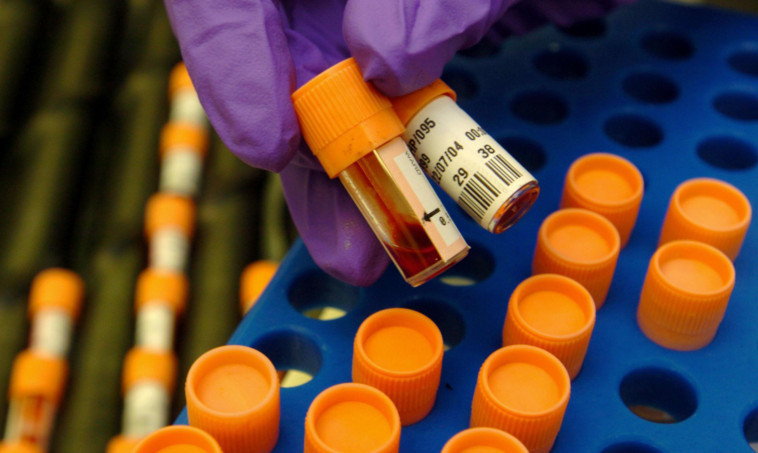Millions of pounds of public money will be spent on genetic testing and profiling of NHS patients in a scheme that is projected to create more than 2,000 jobs.
Three new life science innovation centres have been launched in Glasgow and Edinburgh with a £30 million grant from the Scottish Funding Council (SFC), the body which funds the Scottish Government’s learning and teaching priorities.
They include the Stratified Medicine Scotland Innovation Centre, which will use a state-of-the-art genetic scanner to aid patient care.
First Minister Alex Salmond said: “Scotland has always been a world leader in innovation and this new funding of £30 million for the innovation centres reinforces the Scottish Government’s commitment to science and technology, and secures Scotland’s place as a world leader in life sciences, innovative technology, ideas and development.
“Moreover, they are expected to create 2,000 jobs over their first five years – an enormous number of jobs in a highly-skilled and high-value field.”
He said the centres “offer game-changing opportunities for collaboration between our academic and business base”.
SFC chair John McClelland said: “These centres will harness academic and entrepreneurial innovation to create jobs and accelerate economic growth in Scotland.”
Professor Anton Muscatelli, principal and vice-chancellor of the University of Glasgow, where two of the innovation centres focusing on stratified medicine and sensors and imaging systems will be housed, said: “Both of our innovation centres will be perfectly positioned to advance understanding of cutting-edge science and make a lasting contribution to the country’s economy.
“Equally importantly, the breakthroughs which they make will provide real benefits to the quality of life of people all around the world.”
The third innovation centre will be the Digital Health Institute Scotland, which will focus on new technologies enabling health care and provision away from hospitals and institutions to facilitate independent living. It will be led by Edinburgh and Glasgow universities.
Peter Silvester, president Europe, Middle East & Africa of Life technologies said: “Life Technologies will provide facilities and the genetic analysis platform with its semiconductor-based, Ion Proton DNA sequencing technology at a speed, accuracy and cost that would have been impossible just a few months ago.
“The vision for this project is to combine an individual’s detailed genomic data with more traditional patient information to enable faster, more accurate and effective clinical decisions.
“This is an inflection point in the history of medical research, and there is much more to come.”
